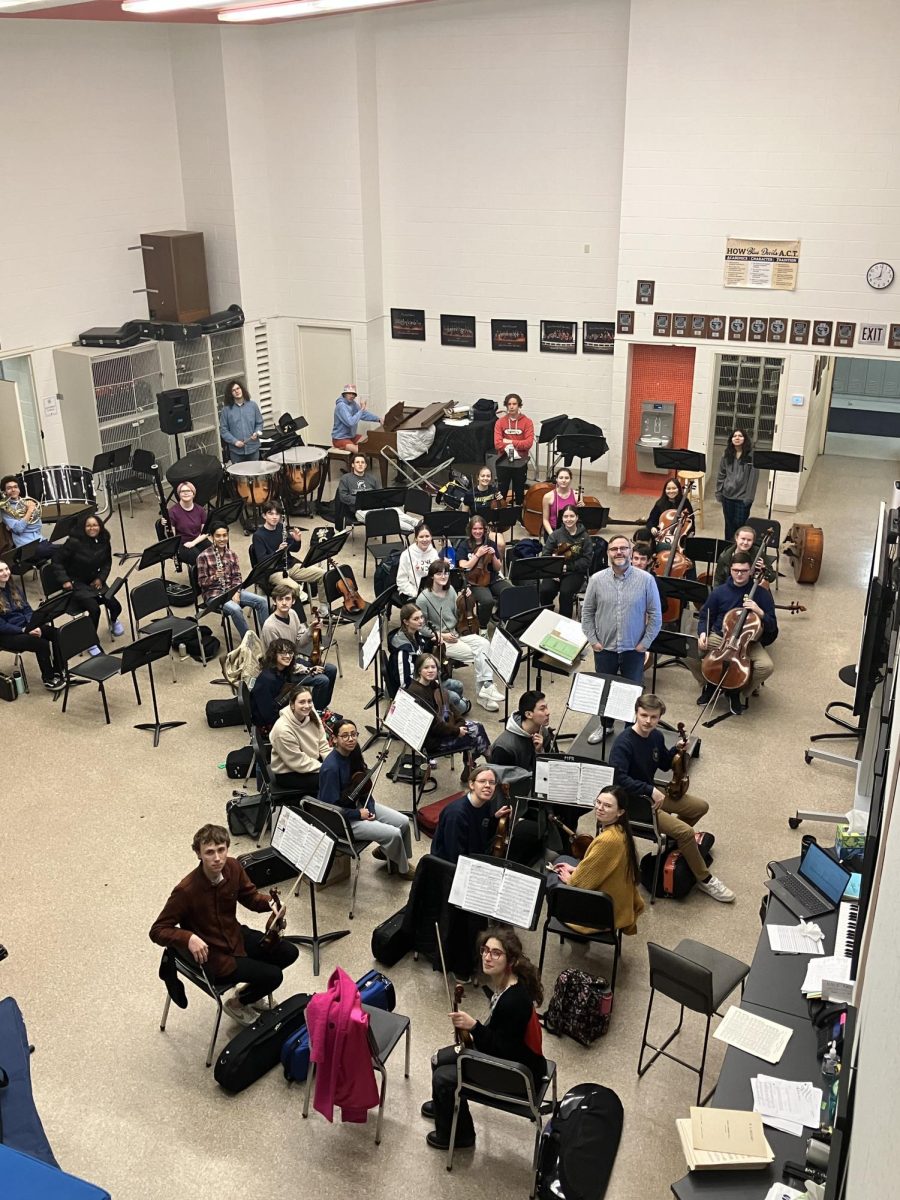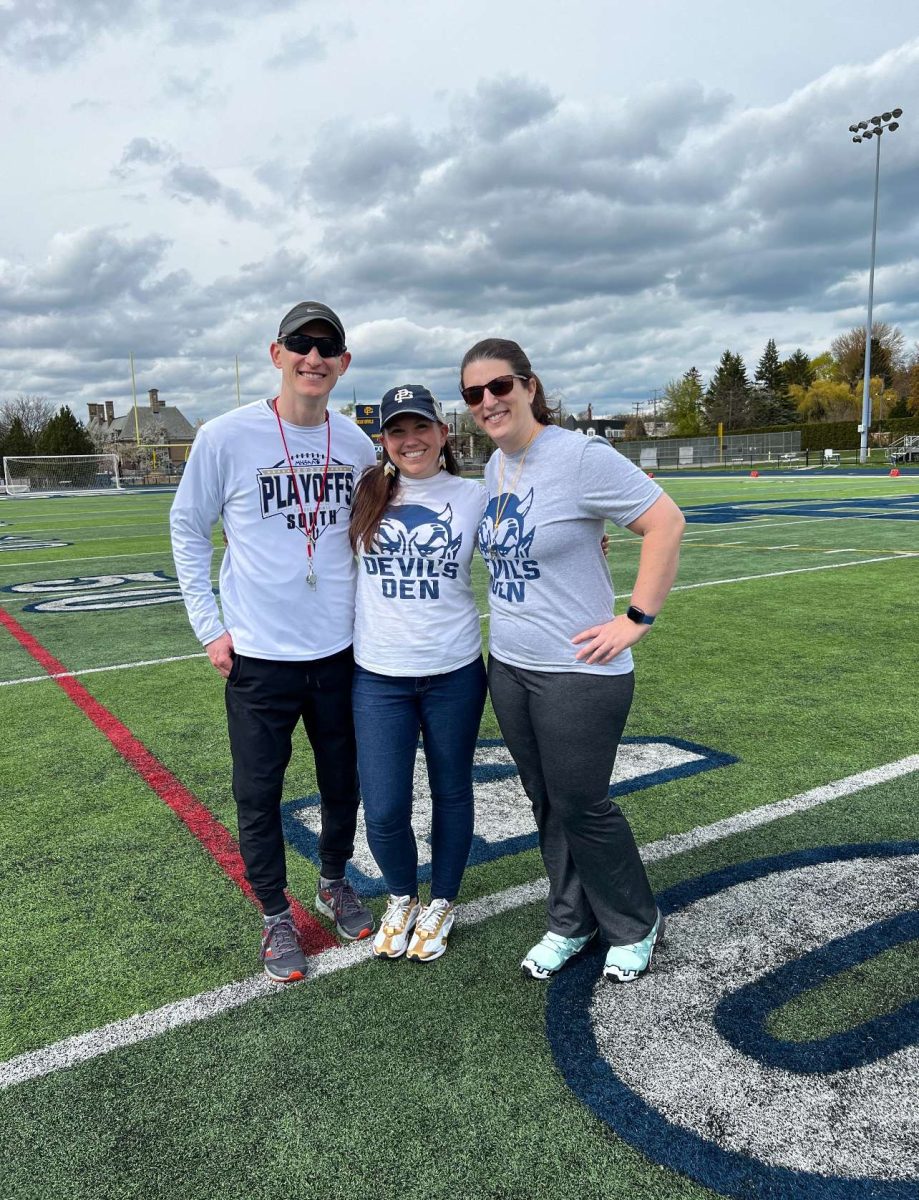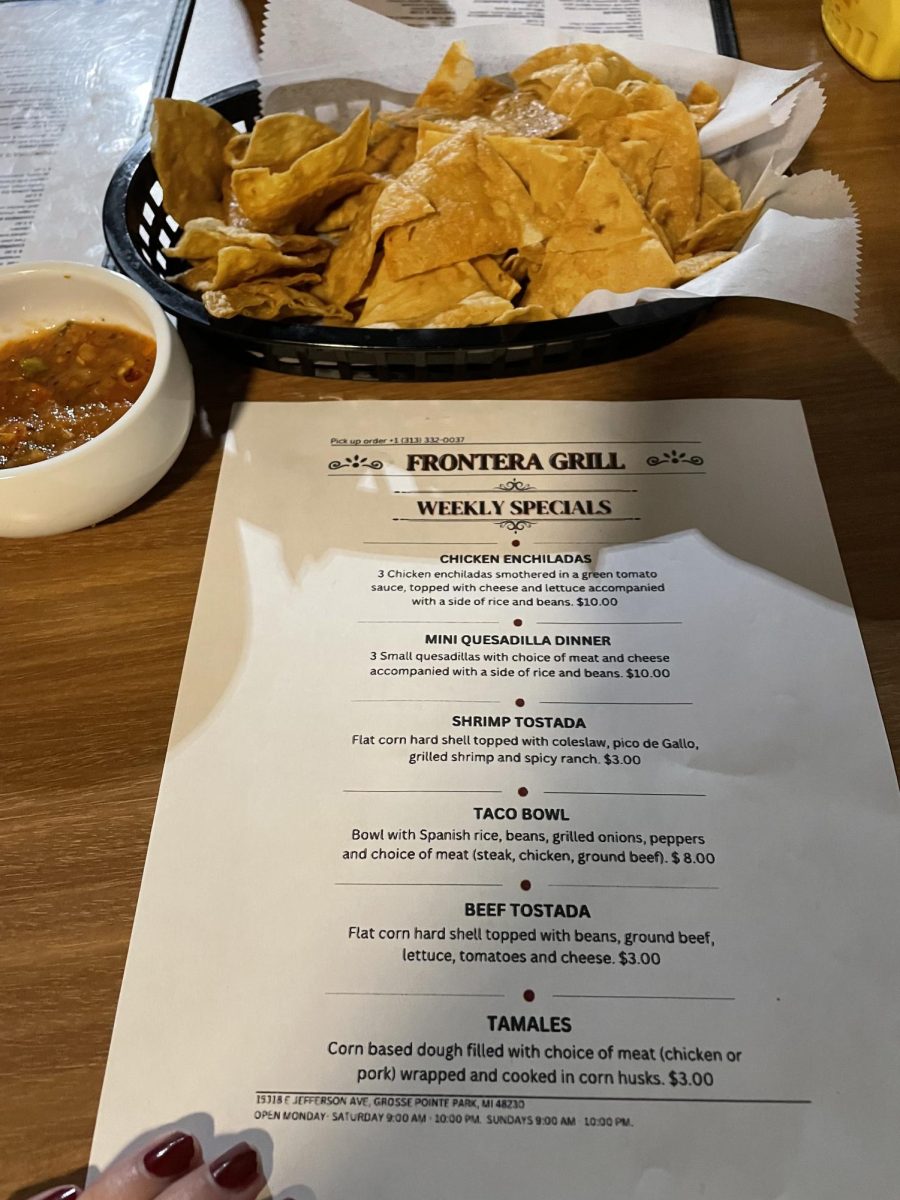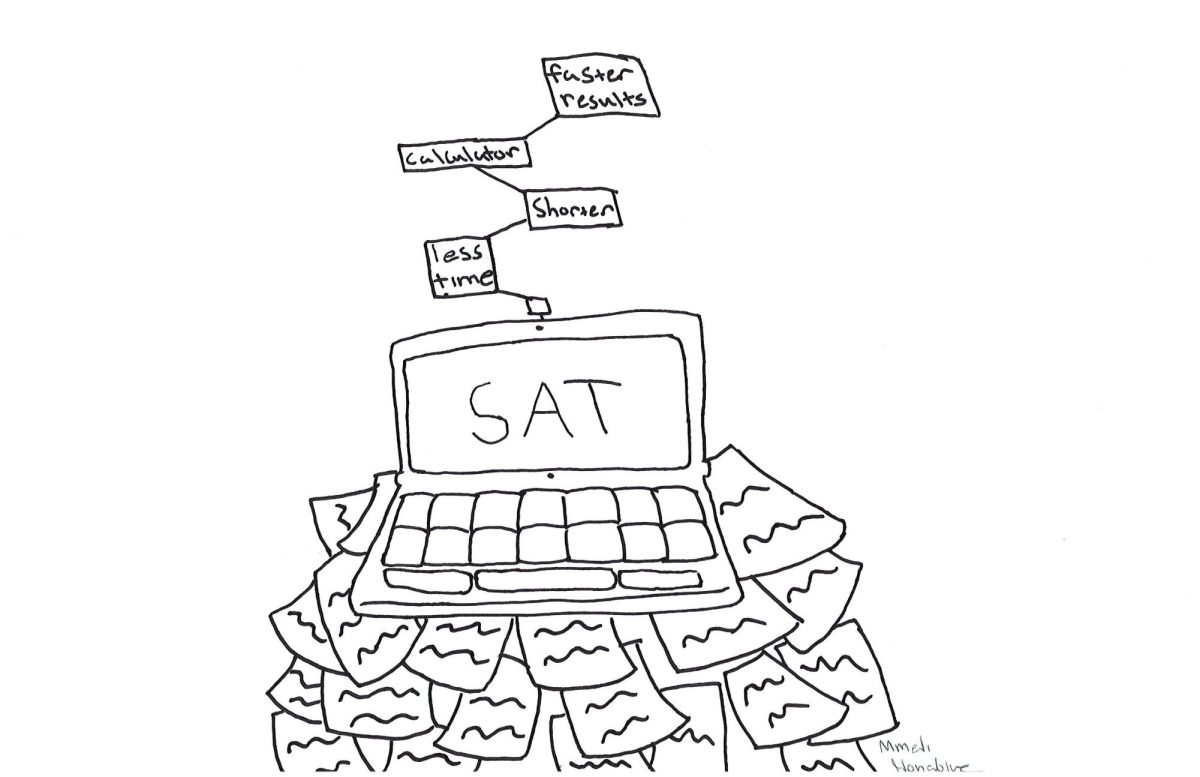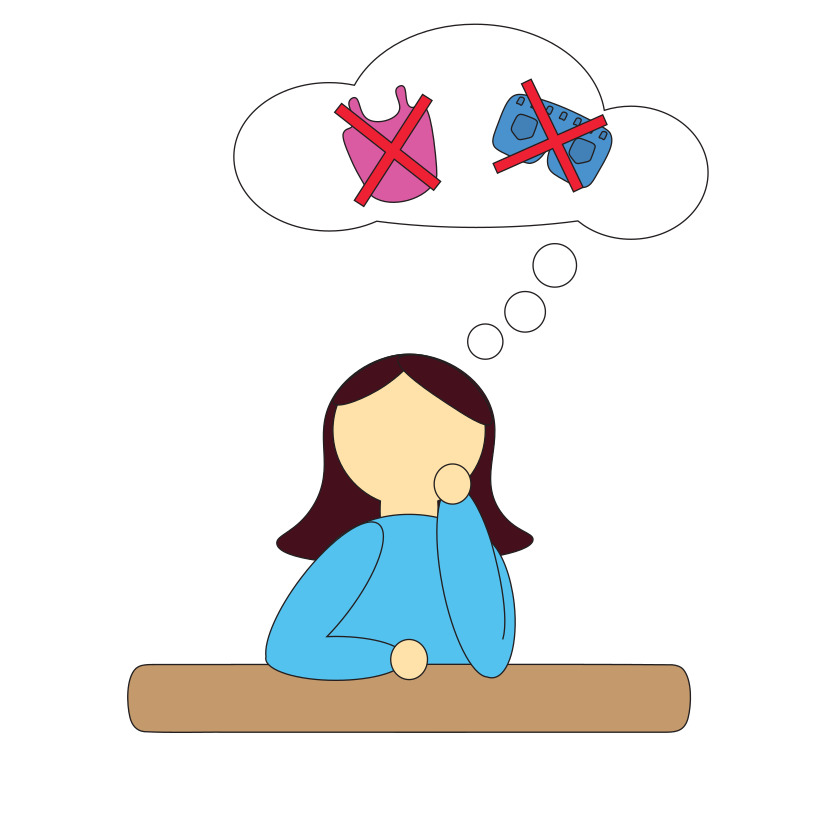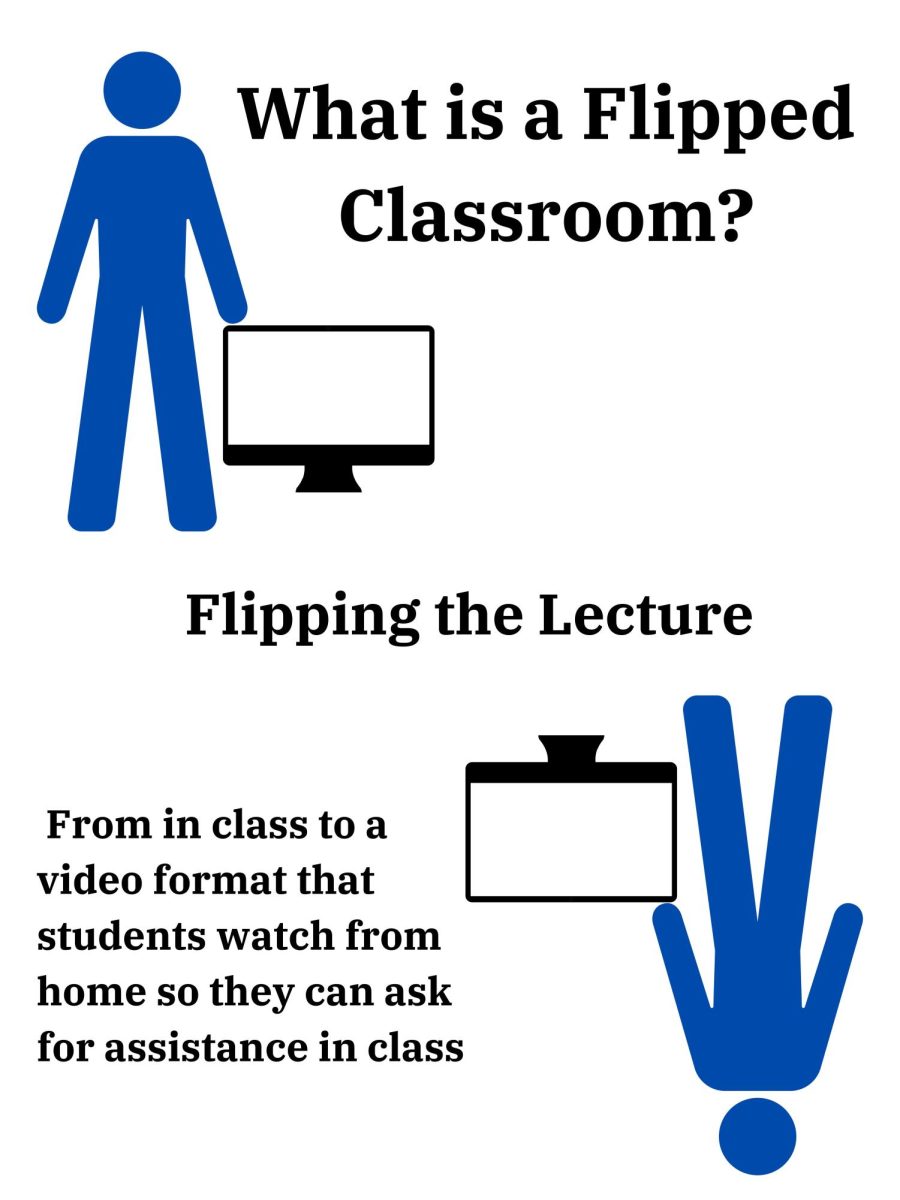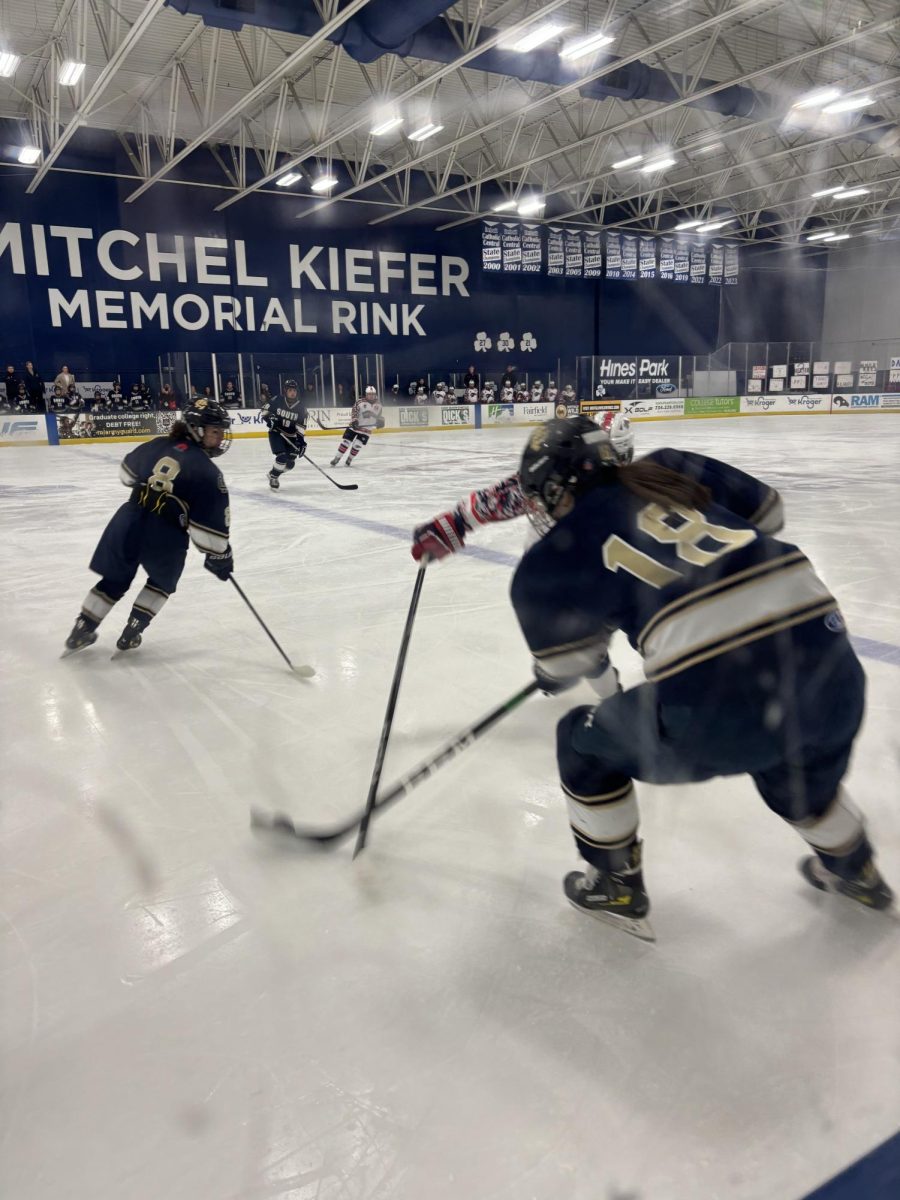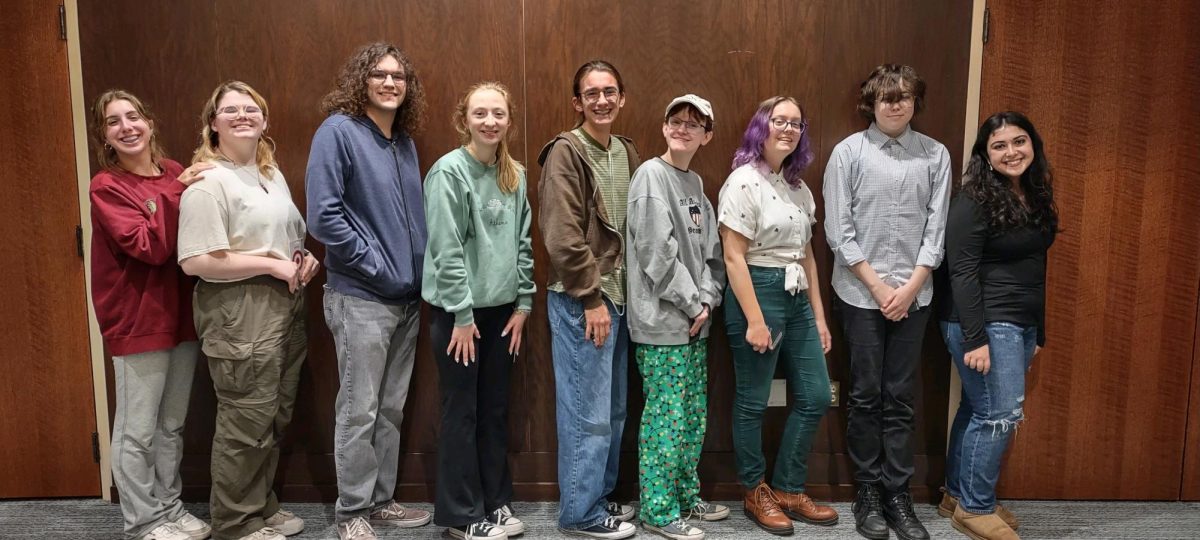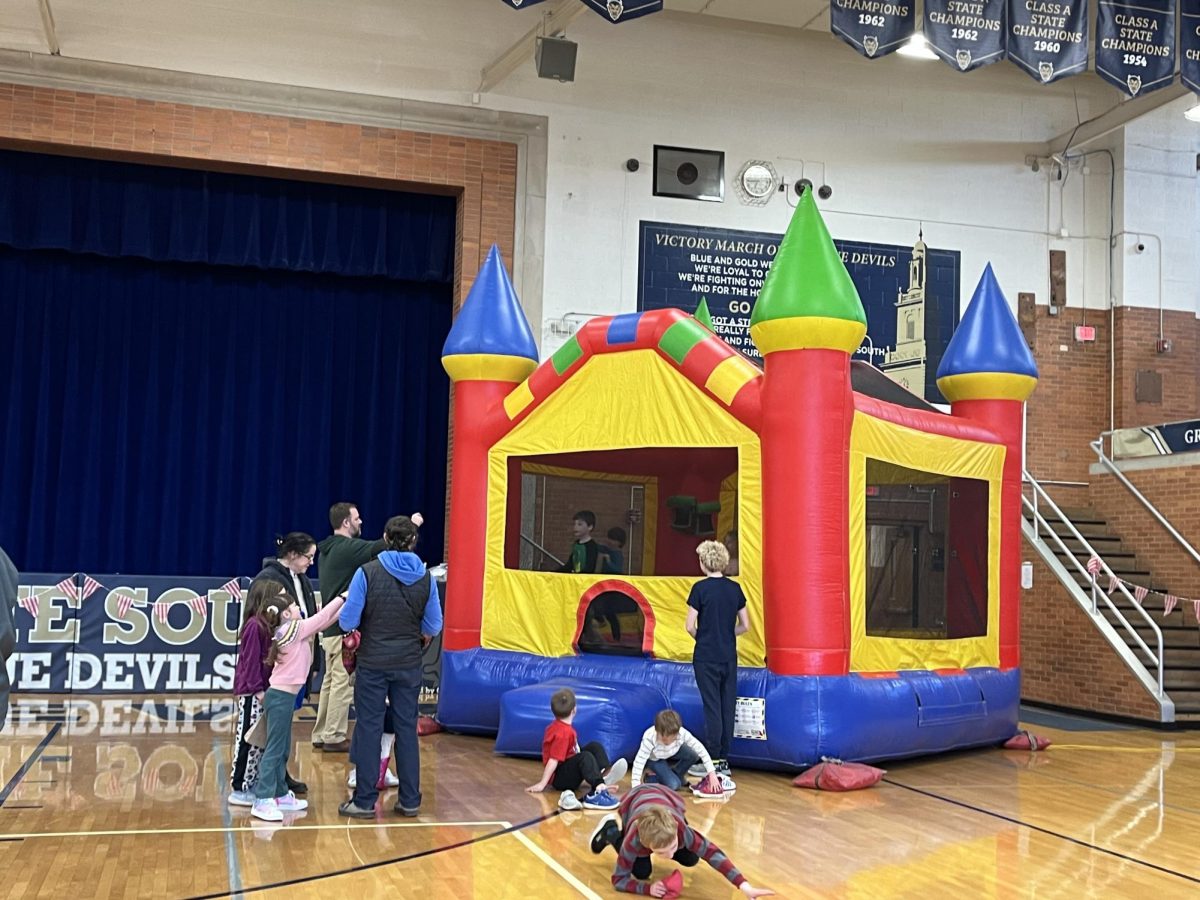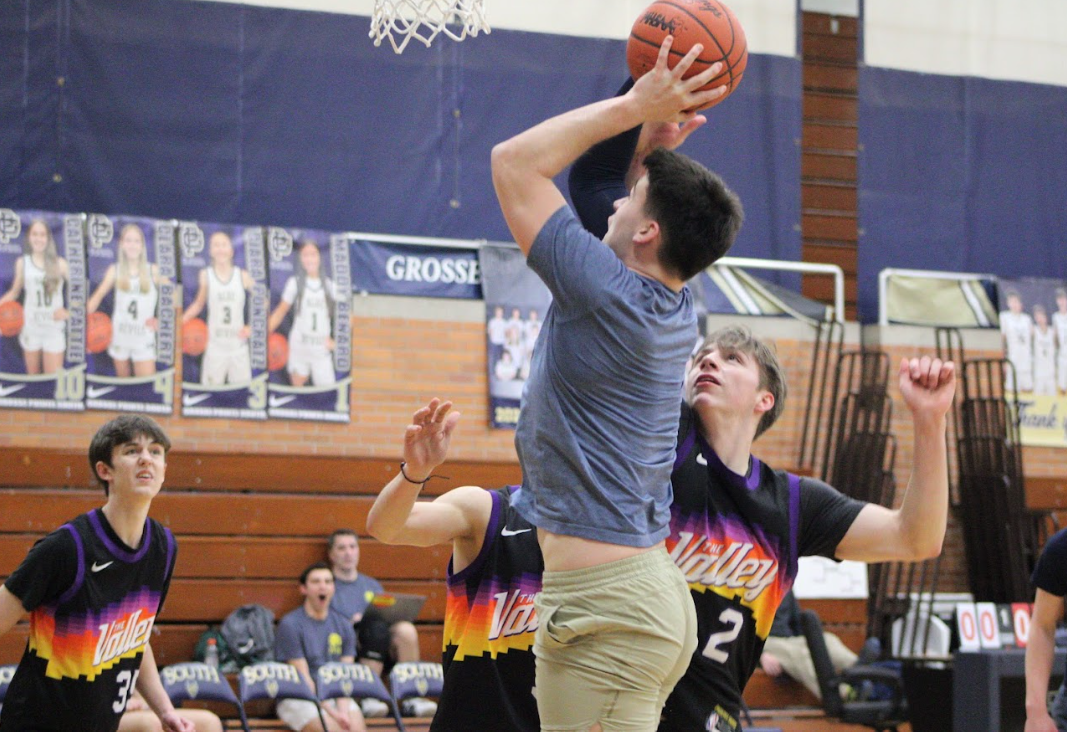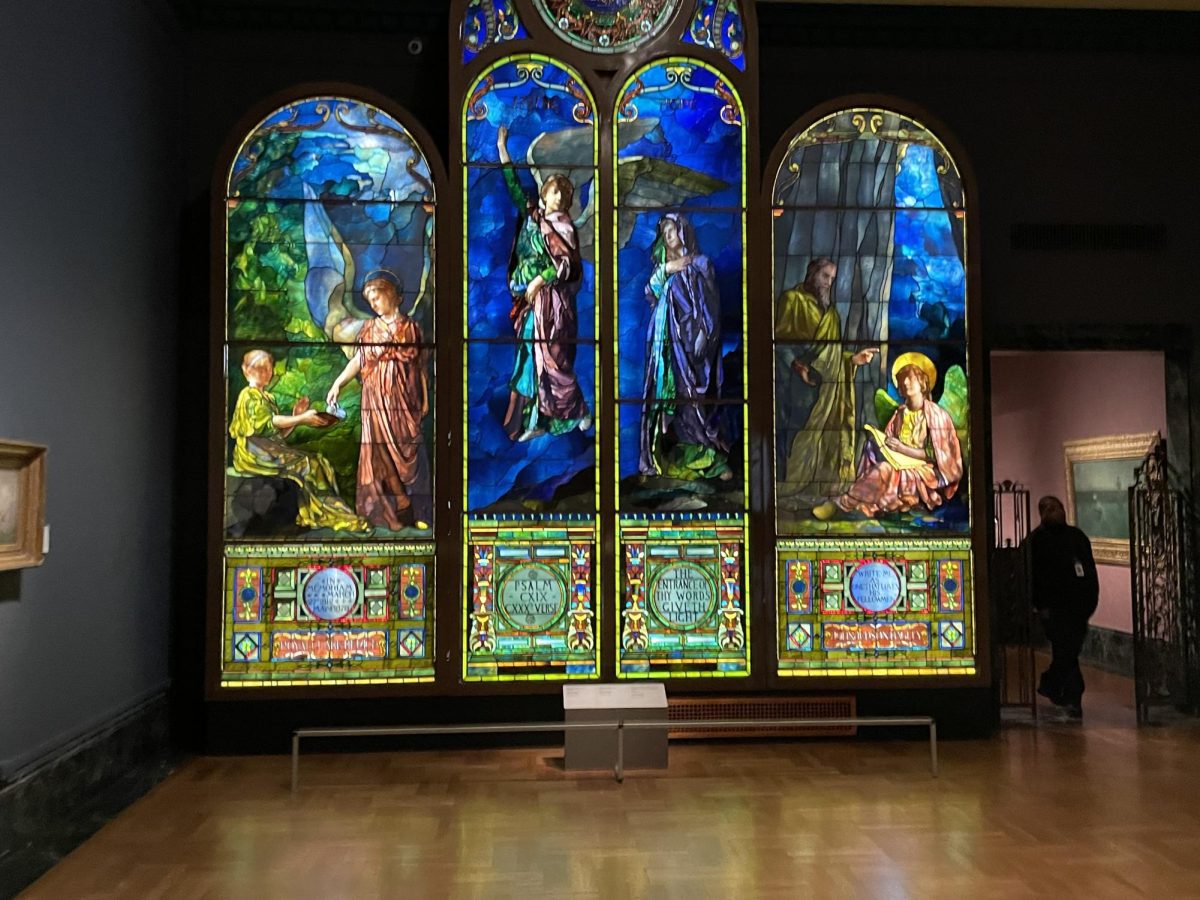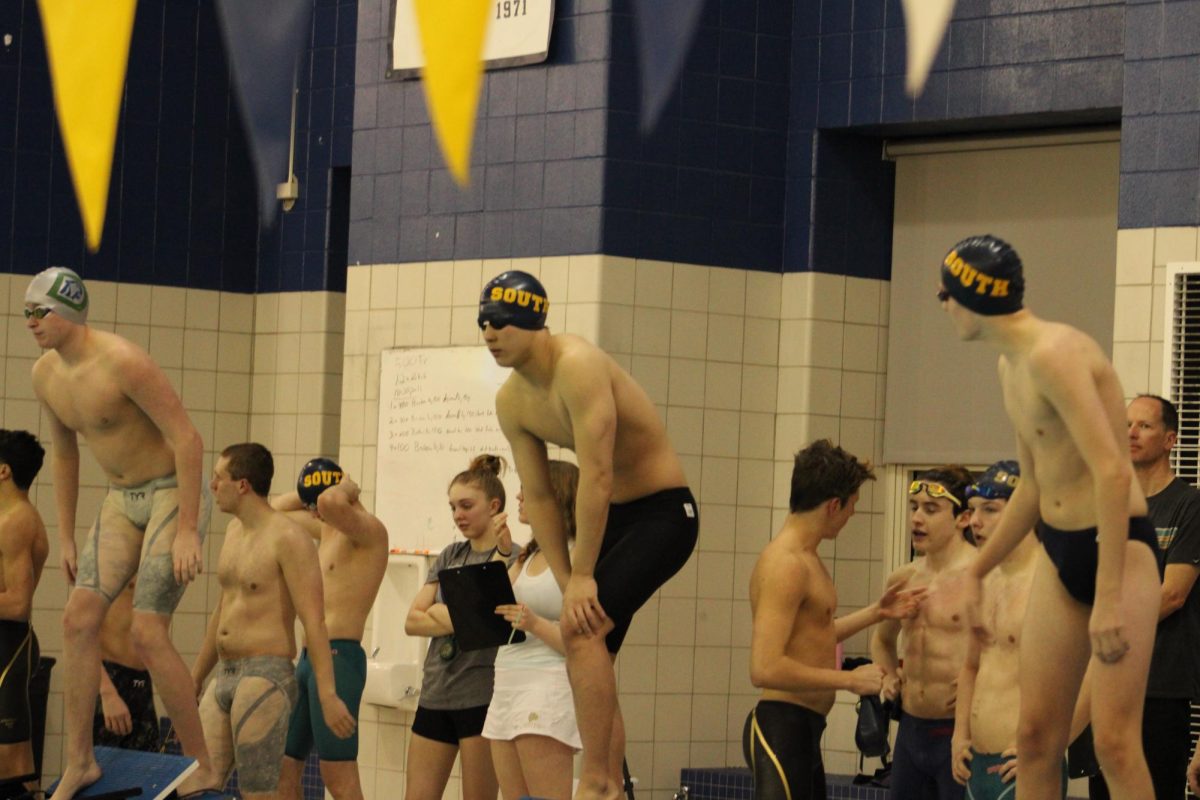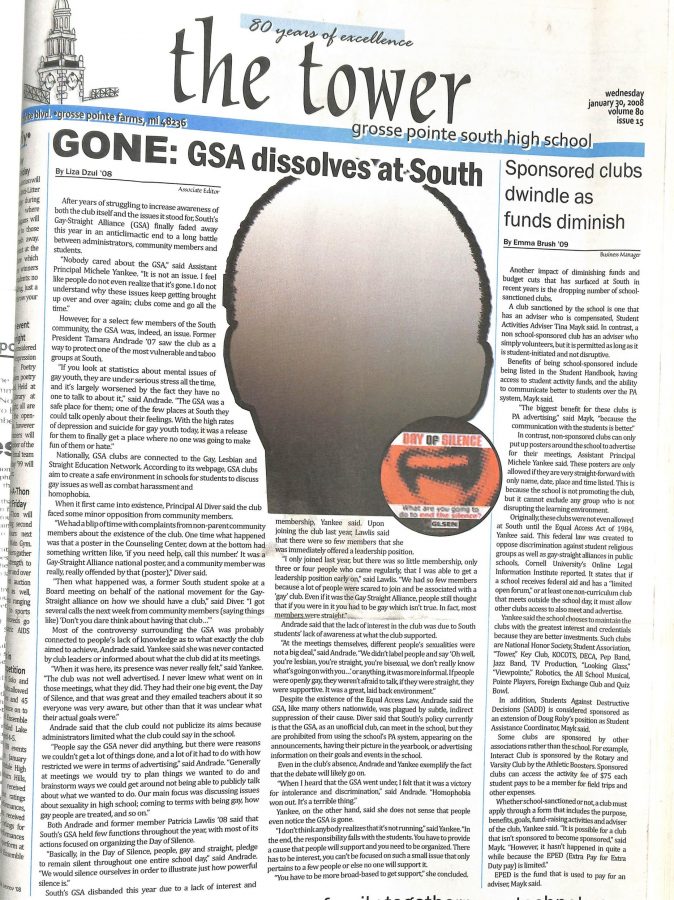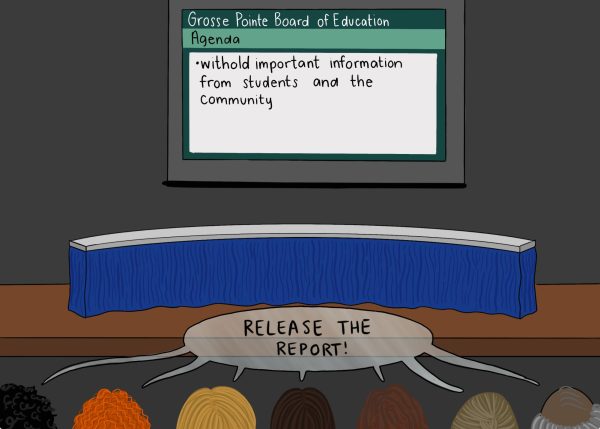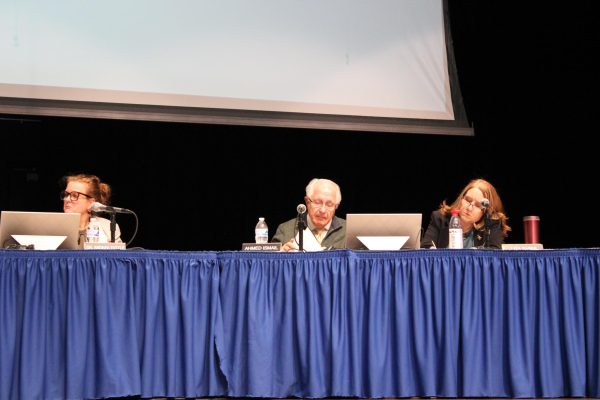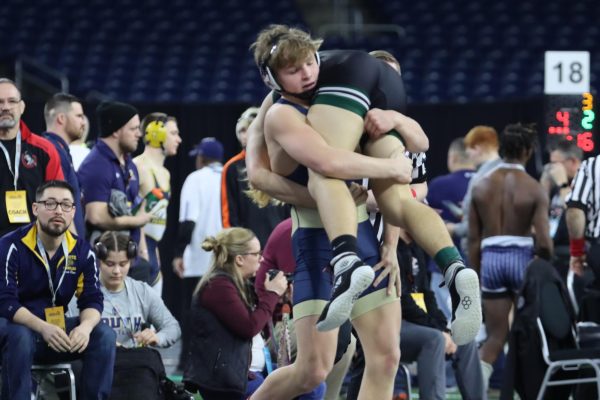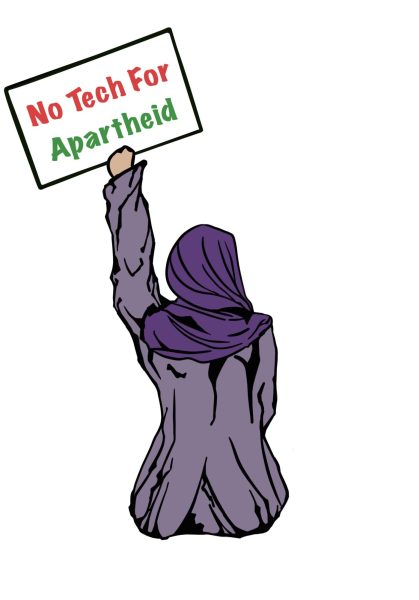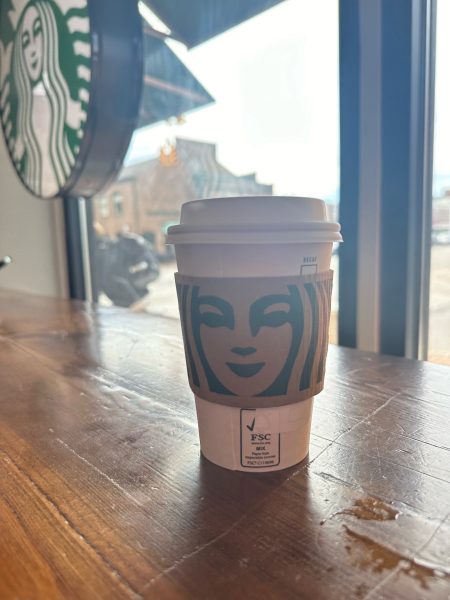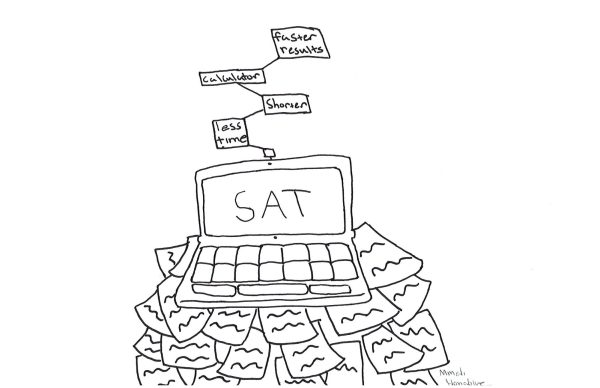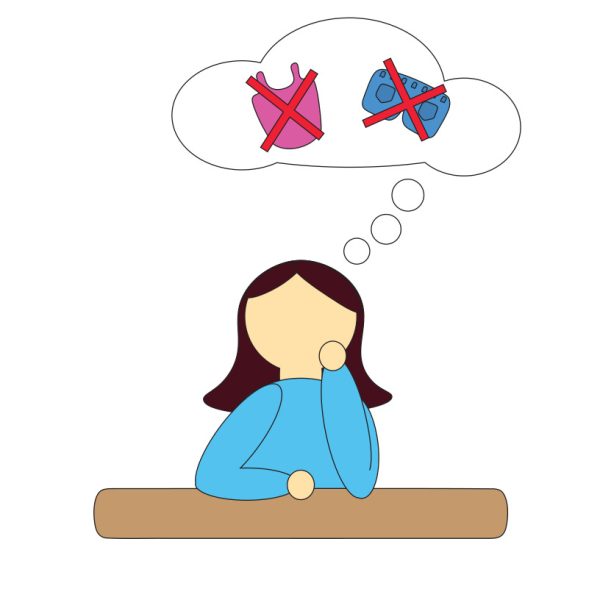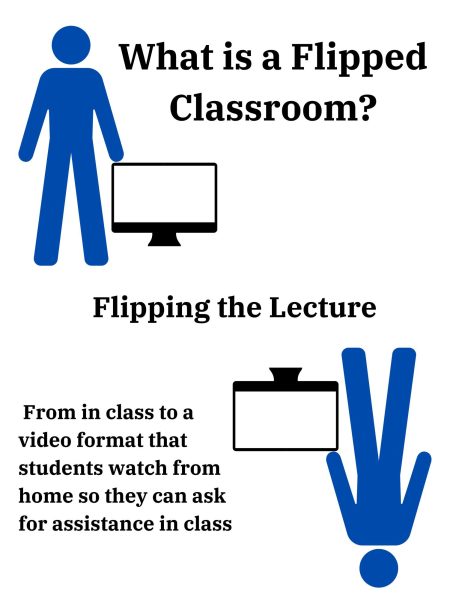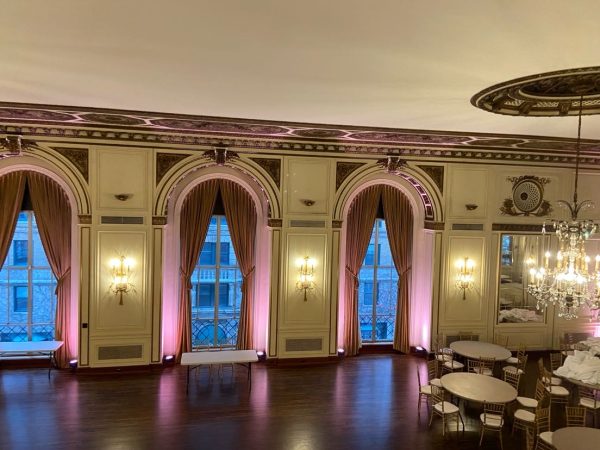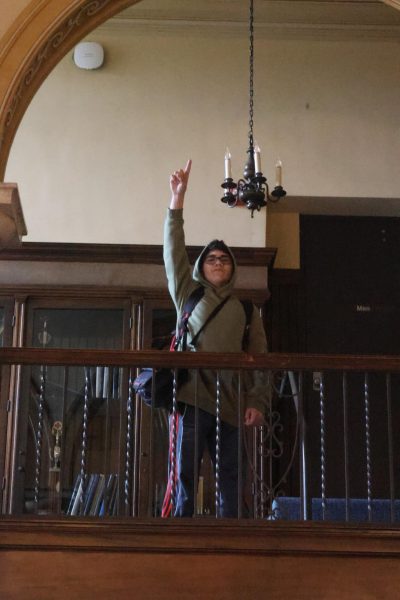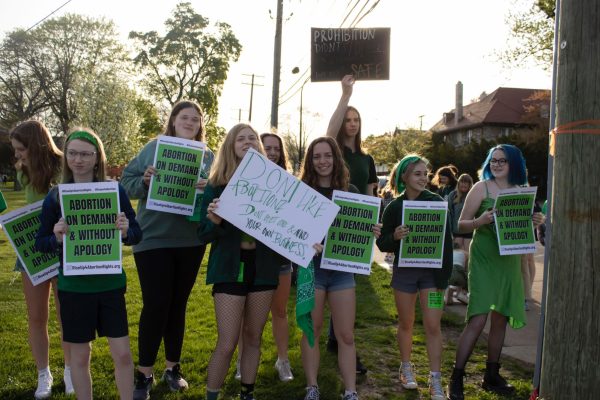Reflecting on transgender day of silence
This is an old Tower article from January 30, 2008, about how the Gay-Straight alliance dissolved at South. Photo from Erykah Benson ’17.
Ten years ago, South’s Gay Straight Alliance (GSA) was terminated by administration after students met opposition with the community.
Former principal Al Diver said a series of problems arose in the community as a result of the GSA’s actions, including posters that were put in the counselling center with a helpline number at the bottom of the poster. The move was met with complaints from within the community. A student even spoke at a school board meeting, advocating for the necessity of a GSA at South.
“‘I got several calls the next week from the community members (saying things like) ‘Don’t you dare think about having that club…,’” Diver said.
By the end of the 2007-2008 school year, South’s GSA was squashed by administration. The club was still able to unofficially meet, but were restricted from the privileges other established clubs received, such as making announcements on the PA system, appearing on announcements, being in the yearbook and advertising information about the club in school, according to Diver.
In 2007, the Gay Straight Alliance died, and with it died the voice of the LGBT students at South. There was no way for these students to organize events. There was no way for these students to speak out against issues. There was no possible way for these students to be acknowledged by the community.
National progression on LGBT+ issues is evident through our steps towards acceptance. 32 percent of LGBT youth admitted to skipping school to avoid being bullied, versus the 10 percent of students in 2016, according to the Gay, Lesbian and Straight Education Center and the Center for Disease Control. While this trend is due to our growth towards a more accepting society, it’s also because we have more community groups that these students can turn to.
That’s why having a GSA is important. Today, South’s GSA is alive and thriving. With over 20 members, the group meets every week in the library to discuss LGBT+-related topics, plan events and discuss personal issues they may have. The group is both a family and an organization, and I’m so lucky to have been a member of it for the past three years. While the group has increased in numbers and shifted its initiative to also focus on community service, the GSA has never lost sight of the fact that first and foremost, the club is a place where LGBT+ students at South can feel safe.
Back in 2007, former South assistant principal Michele Yankee told The Tower, “‘Nobody cared about the GSA. It is not an issue. I feel like people do not even realize that it’s gone. I do not understand why these issues keep getting brought up over and over again; clubs come and go all the time.’”
I think about what it must have felt like for those students whose only refuge in school was stripped of its respect and recognition in the community. I can only imagine their pain of being erased from the face of the school, to be dissolved by fear and ignorance.
It also makes me thankful that South students in 2017 can have what South LGBT+ students didn’t have in 2007: the ability to voice equality and love unapologetically. In light of Transgender Day of Visibility, what better way to celebrate the lives of trans people than to know that they, as well as other students in the LGBT+ community have a place at South where they can feel accepted?



